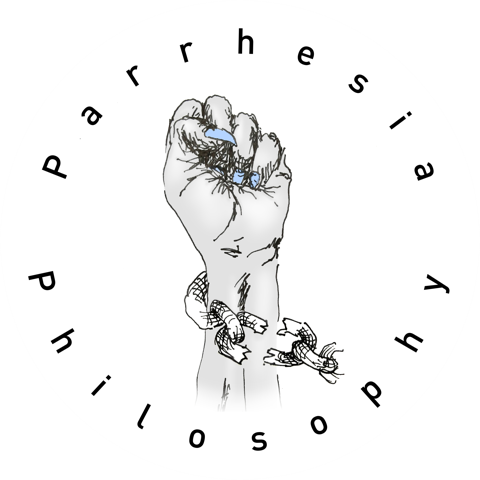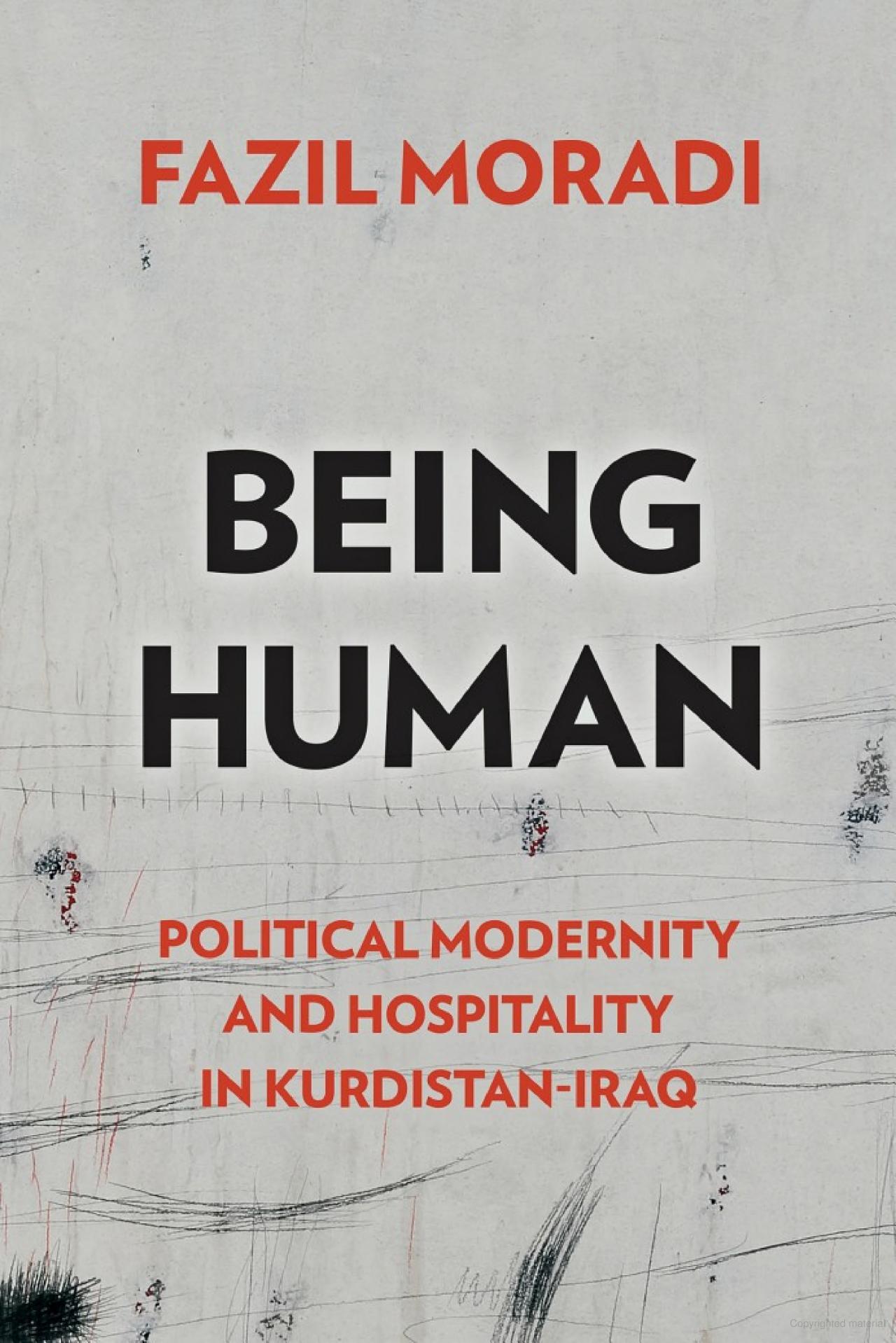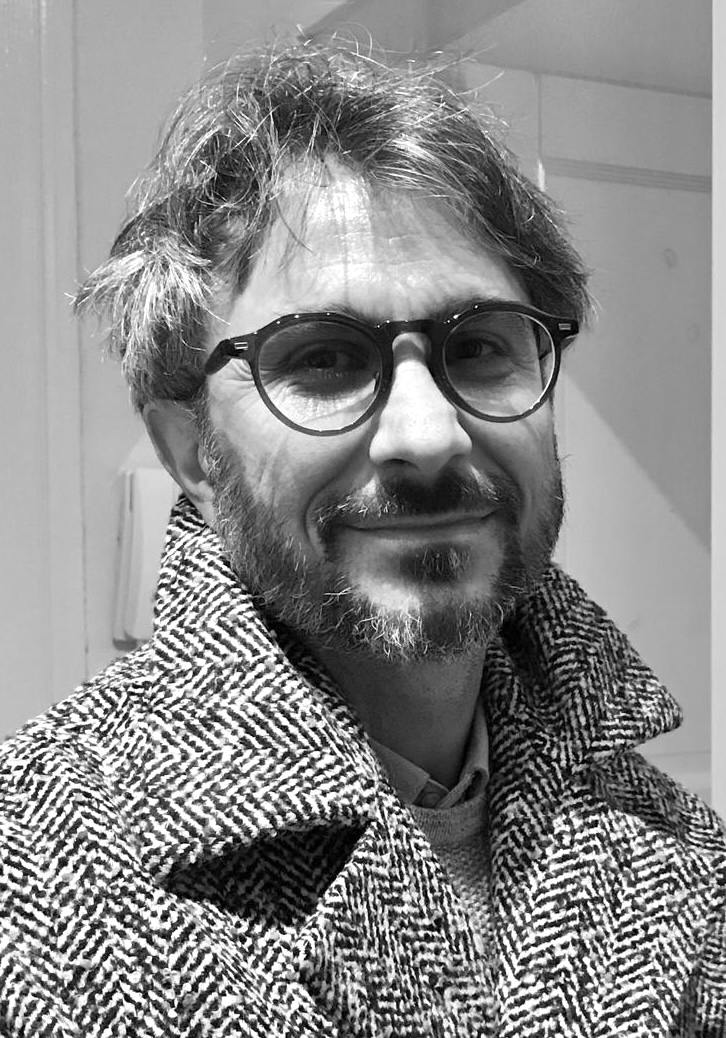 Hospitality Beyond Hostility: Lessons from Kurdistan
Hospitality Beyond Hostility: Lessons from Kurdistan
Book launch: Being Human: Political Modernity and Hospitality in Kurdistan-Iraq by Fazil Moradi with dinner, music and poetry
How to be human in the face of political and other kinds of violence? What are the afterlives of this violence and what forms of justice are being pursued?
Join us this Wednesday 27 November 2024 at the Casino for Social Medicine https://www.instagram.com/casinoooooooooooo/, Sonnenallee 100, 12045 Berlin Neukölln.
Shared dinner: 6 -7 pm. With Kurdish food. Feel free to bring a plate of Kurdish food to share.
Book discussion: 7:30 - 8:30 pm. Being Human: Political Modernity and Hospitality in Kurdistan-Iraq, by Fazil Moradi. See description below.
Poetry and Music: 9-9:45 pm. Poetry by Rumi recited in Persian by Fazil Moradi and in English by Ella Tegenbos. Improvised music by ēāu - an improvisational musical project where tradition meets innovation by Ranav and Deep S. Rana https://www.instagram.com/eaumusic
Art as Disruptive Connector: 9.50-9:55 pm. A short cameo of art by Joulia Strauss. www.joulia-strauss.net
Mingling and dancing: 10 pm on...
Entry is free. A small donation of 3-5 euros for the dinner and other costs would be appreciated but is not necessary.
Please register as soon as possible so we can plan for the catering.
Book description:
Fazil Moradi's book explores the possibility of being human in the wake of acts of political destruction, in particular the genocide of the Kurds in Iraq in the 1980s. The book uses multiple frameworks to understand modern political violence and its afterlives. A sweeping work of anthropological hospitality, it returns to the violence of politics in modernity in order to attend to the hospitality of the survivors, their infinite pursuit of justice, and act of translation--testimonial narratives, laws, politics, archives, poetry, artworks, museums, memorials, and symbolic cemeteries in the Kurdistan Region of Iraq.

About the author:
Fazil Moradi is an associate reearcher at the Institute for Social Anthropology, Austrian Academcy of Sciences; and an affiliated scholar at the Center for the Study of the Holocaust, Genocide, and Crimes against Humanity at the Ralph Bunche Institute for International Studies, Graduate Center-CUNY.

